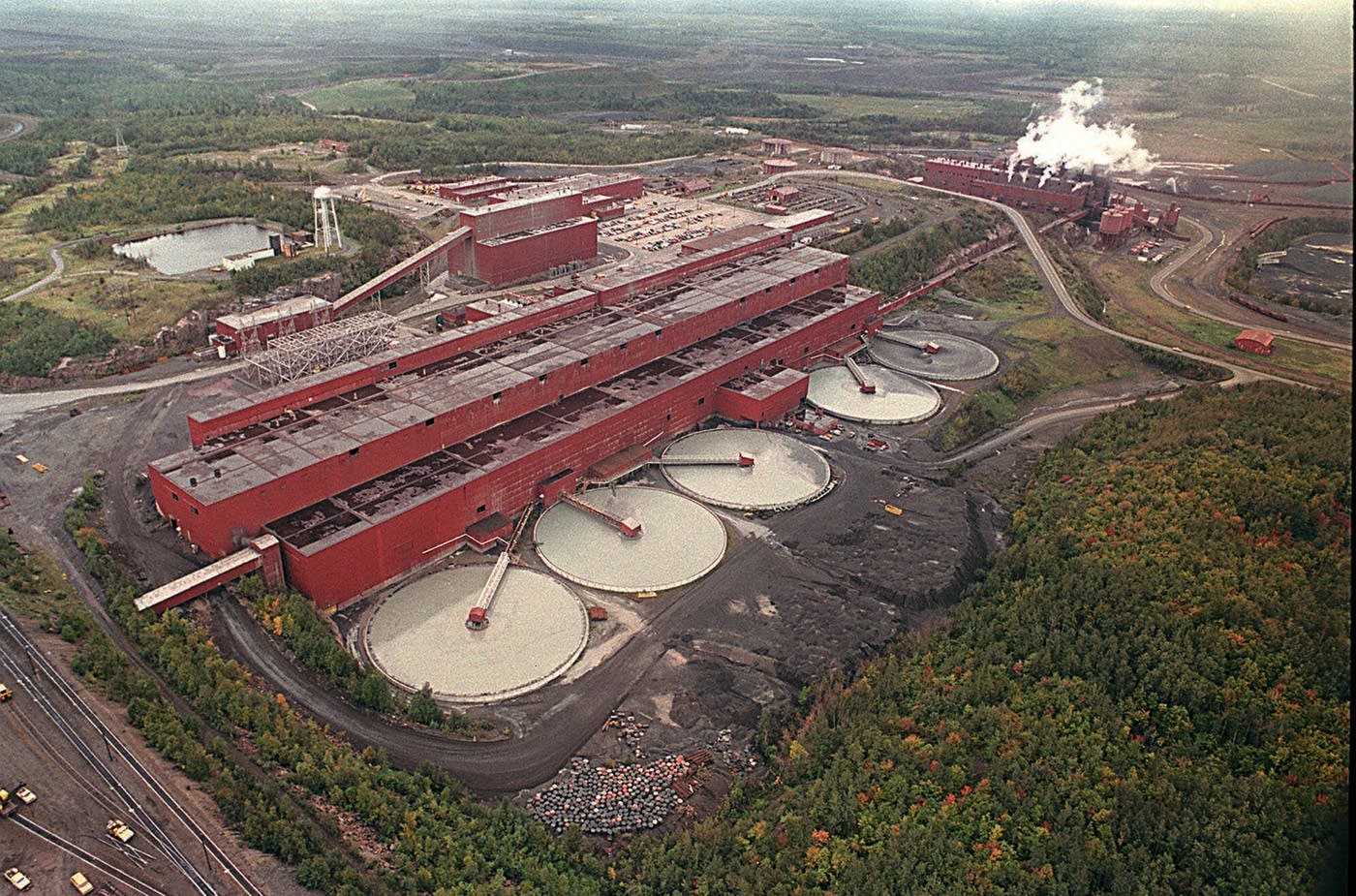Minnesota
EPA recommends against reissuing permit for PolyMet mine in Minnesota

ST. PAUL, Minn. (AP) — Federal regulators recommended Tuesday that the Army Corps of Engineers decline to reissue a key permit for the proposed PolyMet copper-nickel mine, saying the project could raise levels of mercury and other pollutants downstream from the site in northeastern Minnesota.
It’s just a recommendation, but it could deal a severe blow to the $1 billion mine if the Army Corps accepts the advice from the U.S. Environmental Protection Agency, Minnesota Public Radio reported.
Polymet’s processing site is in the headwaters of the St. Louis River, the largest tributary to Lake Superior, and upstream from Duluth and the Fond du Lac Band of Lake Superior Chippewa reservation, the Star Tribune reported.
Glencore, one of the world’s biggest mining companies, owns a majority of the mining project. The Swiss company has “a wealth of experience in the field and a history of labor issues and pollution problems,” MinnPost reported.
The EPA announced its position at the start of a three-day hearing in Carlton, where the Corps is taking testimony on whether PolyMet would violate the water quality standards of the Fond du Lac Band of Lake Superior Chippewa, whose reservation lies down the St. Louis River from the site.
The Corps is considering whether to reinstate the project’s wetlands permit, one of several key approvals PolyMet needs to begin construction. It’s one of three critical PolyMet permits that have been suspended as the project remains tied up in court and regulatory proceedings.
The EPA determined that there were no conditions that the Corps could place on the wetlands permit that would ensure compliance with the tribe’s water quality regulations, which are stricter than the state’s. Tribal members rely on fish from the St. Louis River, which flows through the reservation, but consumption advisories limit the number of fish that can be safely eaten from it.
Environmental groups that oppose PolyMet said they expect the EPA’s position to carry significant weight with the Corps when it decides whether to reinstate or revoke the wetlands permit, and that if the Corps doesn’t follow the EPA’s advice, a court would likely reject the Corps’ decision.
But PolyMet said in a statement that the agency “disregarded the science-based conclusions” reached in the project’s environmental review and permitting process. The company said it’s confident the Corps will affirm the permit after it considers all the evidence.
PolyMet contends the project will actually reduce mercury and sulfate discharges into the St. Louis River watershed because it will clean up an old iron mining waste pond at the processing plant site. The company pointed out that the site is more than 100 river miles upstream from the reservation.
The permit in question would allow PolyMet to fill around 1,000 acres of wetlands at its proposed mine site. The Corps approved the permit in 2019, but a federal judge ruled last year that the government failed to notify the downstream tribe about the potential impacts. So the Corps suspended the permit, leading to the current hearing.

